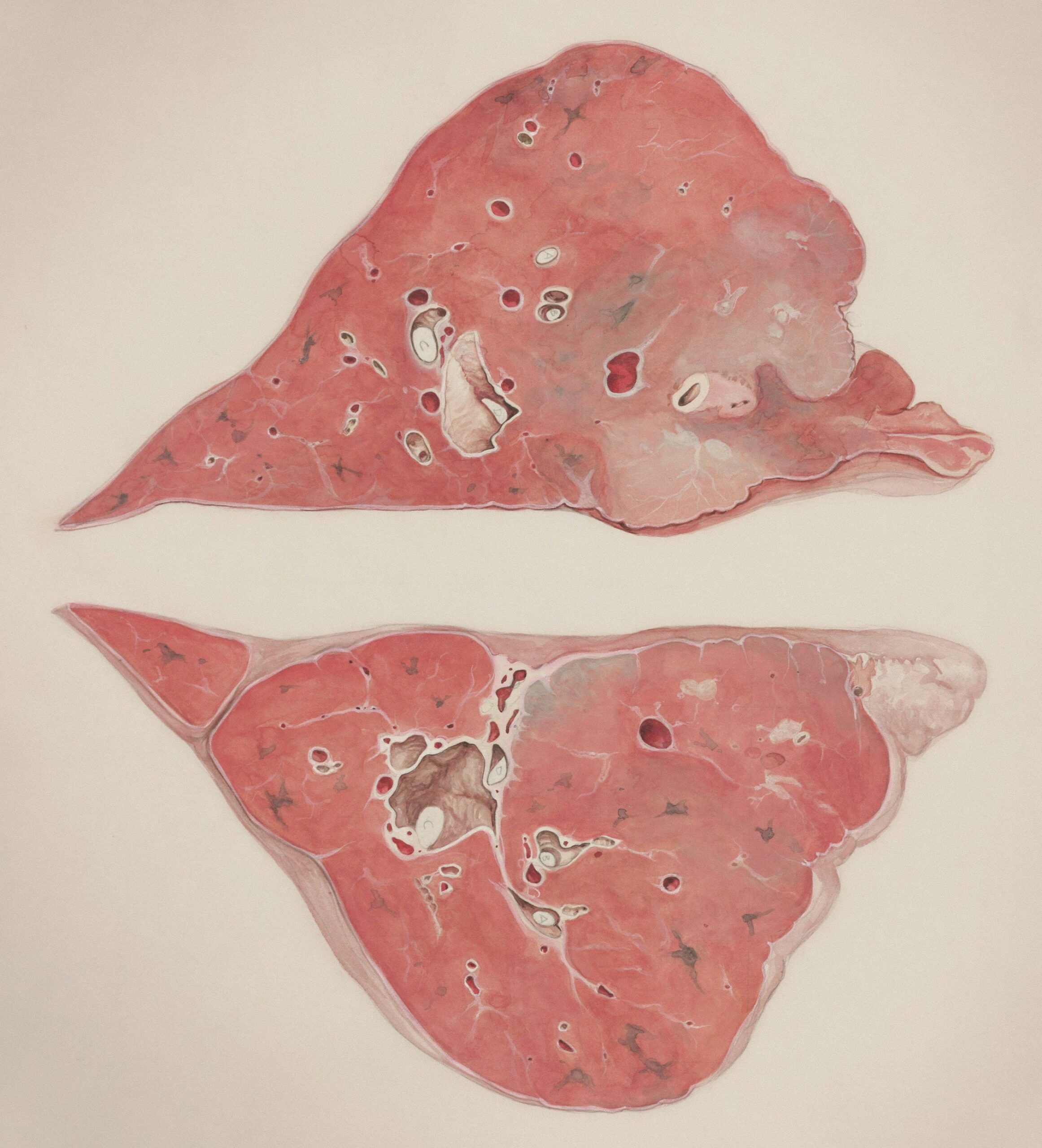A significant health concern has emerged following a recall of “Dry Ghoinnya Fish” produced by New Hoque & Sons Inc. in Maspeth, NY. The FDA (Food and Drug Administration) announced that the fish was found to be uneviscerated, meaning that internal organs had not been removed prior to packaging. This oversight poses serious health risks, including the potential for botulism, a rare but life-threatening illness.
According to the FDA, the sale of uneviscerated fish is strictly prohibited under New York State Agriculture and Markets regulations. The presence of Clostridium botulinum spores, which can thrive in the fish’s viscera, heightens the risk of contamination. Health officials emphasize that the improper processing of fish can lead to outbreaks of botulism poisoning, which can cause severe neurological symptoms.
The affected fish was distributed nationwide and is packaged in clear plastic bags weighing between 10 and 12 pounds. The expiration date of May 19, 2025 is stamped on the bottom of each package, with the UPC code listed as 908172635412. Routine inspections by the New York State Department of Agriculture and Markets led to the discovery of the improperly processed product.
Symptoms of botulism can include dizziness, blurred vision, difficulty swallowing, and muscle weakness. In more severe cases, individuals may experience respiratory difficulties and abdominal distension. As a precaution, anyone experiencing these symptoms should seek immediate medical attention.
Currently, there have been no reported illnesses linked to this recall. Nonetheless, consumers who have purchased the “Dry Ghoinnya Fish” are urged to return it to the place of purchase for a full refund. For further inquiries, the company can be reached at (718) 391-0992.
Health officials are taking this matter seriously, as the presence of uneviscerated fish raises alarms about food safety standards. The FDA continues to monitor the situation closely and work with state officials to prevent any potential health risks associated with this product. Consumers are advised to remain vigilant and report any unusual symptoms following the consumption of seafood products.







